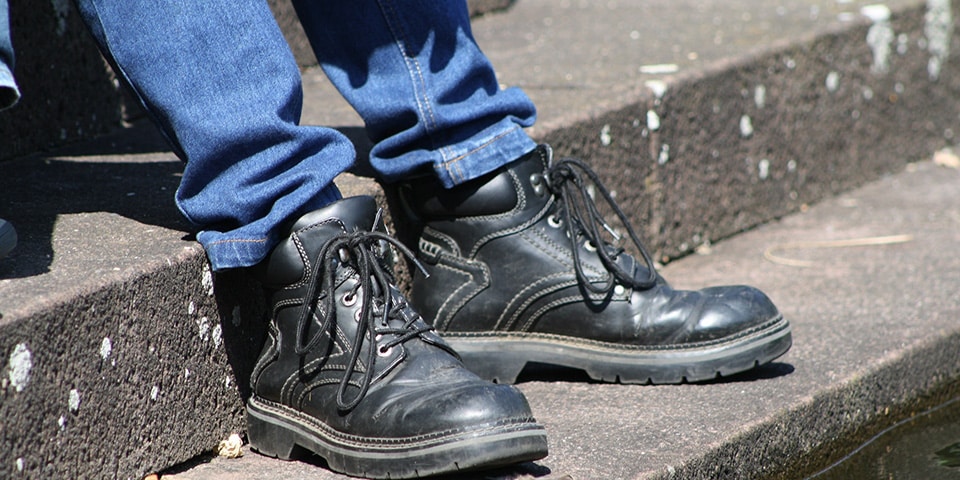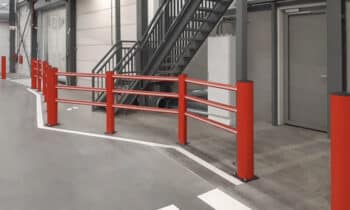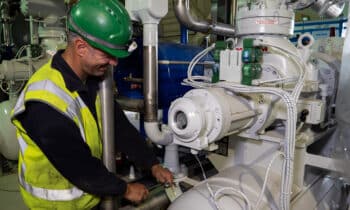
Safety standards for work shoes in construction
Many people in the Netherlands use work boots. This is because of the large number of department stores and sheds in the Netherlands. These businesses often use dangerous machines that navigate through the warehouse. This goes along with large pallets full of products that can mean the end of your foot. In this blog you will read about the minimum requirements for good work shoes where your safety is not compromised.
Those minimum requirements are obviously there for the employee even if they come with a higher price tag as a result.
The required
Logically, the most important thing about work shoes is to protect your feet. One of the european safety standards for work shoes are anti-perforation soles. This method of protection ensures that no materials can pierce your sole. This prevents you from stepping with your feet into a rusty nail with all the unpleasant consequences.
After the bottom of your foot is protected, it is of course also important that falling objects do not pierce your work shoes. Therefore, it is mandatory, also one of the European safety standards, that the work shoes have a safety nose. This safety nose will prevent objects that fall, think of large pallets, from crushing your foot.
The additional requirements
Although these requirements are not mandated by the European Union, they are often required in the Netherlands. This is firstly because the Netherlands has stricter working conditions than other countries that are also members of the European Union. A first recommended part of your work shoes is the anti-slip strip. With this strip you make sure that you don't just fall down on slippery surfaces. There are a number of labels for this that show what anti-slip is for. With SRA, it only stands for ceramic floors that may have water on them. SRB is for steel floors where glycerol can cause a challenge. With SRC, both SRA and SRB are guaranteed to ensure complete non-slip on the respective surface.
Maintenance
Work shoes are really parts of your work outfit and therefore should be well cared for. This prevents wear and tear outside the workplace. Therefore, when this is not possible at the company where you work you should take them home. It is wise to keep work shoes dry. For example, it is convenient to use a hygrometer to use to properly track the humidity of the room where you store your shoes.




